Geoff Colvin writes about the creative power of meeting eyeball-to-eyeball. He highlights how technology isn’t really replacing face-to-face meetings; rather it appears to be increasing our appetite for them. We guess this is good news for people in our line of work!
“Getting together in person is less necessary every day. Yet it’s booming. Indeed, we seem desperate for it. High-priced conferences, like TED events at $8,500 a ticket, are multiplying. Entrepreneurs in New York and elsewhere are organizing 60-person dinners for which attendees pay $200 simply to meet, in person, people they don’t know.
The Bureau of Labor Statistics projects that over the coming decade, jobs for meeting and event planners will increase three times faster than jobs generally.”
Whether or not that prediction is true, the more interesting question is: what makes these meetings work. Colvin describes the continuing research done by a team at MIT, led by Alex Pentland. They are using tagging technology to analyse the frequency and nature of social contact between members of teams in many different locations.
“(They) found that the best predictor of team productivity was how much the members interacted in a given period, and “engagement”—the degree to which all team members were involved in the interaction.
In-person social interaction helps the group elicit more ideas from all members and arrive at better judgments about those ideas. Together, face-to-face, we become literally smarter and more capable as a group than we ever could be when meeting virtually.”
Perhaps the most headline-worthy finding is this: Pentland’s team claims to be able to predict the creative quality of teams just by seeing the patterns of their connections, without analysing the content of their conversations at all. For those of us who believe facilitators need to focus more on process than content, this is an interesting bit of evidence.
The whole article is worth your time.
Bonus links: If you are a fan of the Harvard Business Review, their article on the same topic is also worth a look. Our friend, Roland Harwood, writes about the birthday paradox in highlighting the connective potential of groups.
(Photo by Drew Graham on Unsplash)
